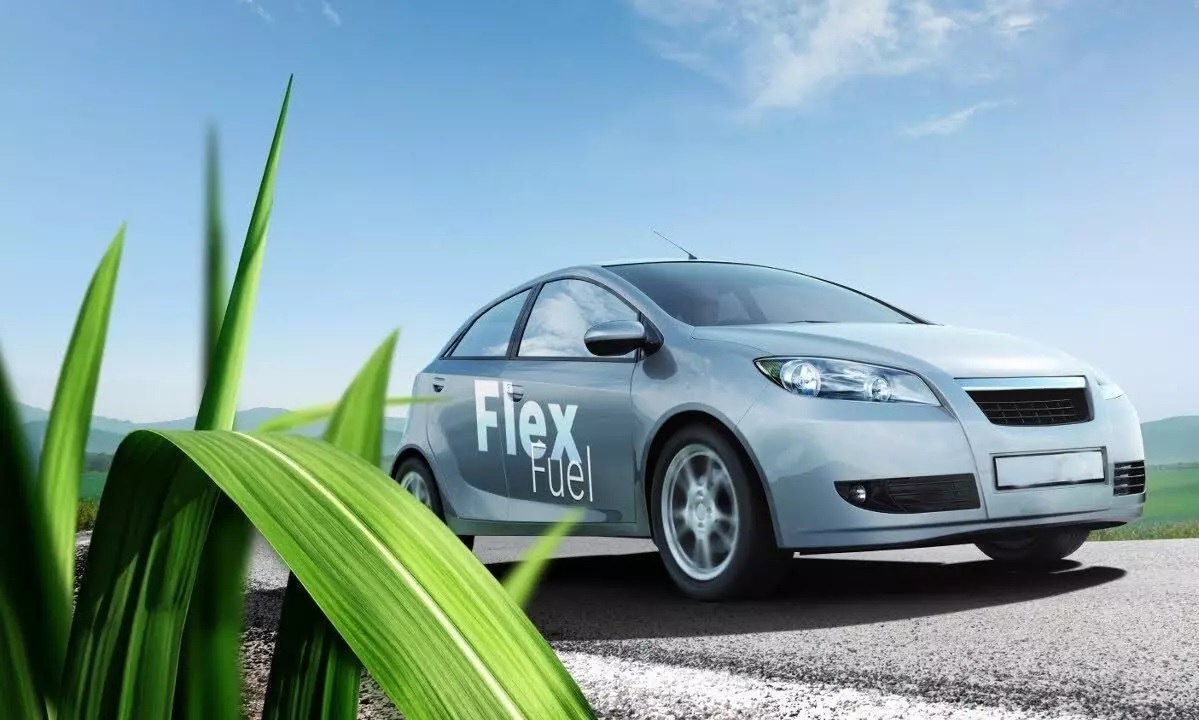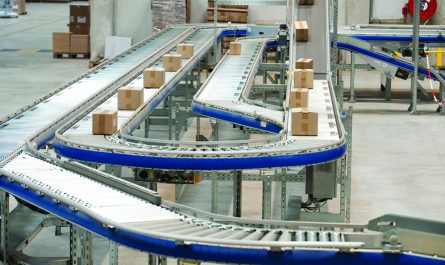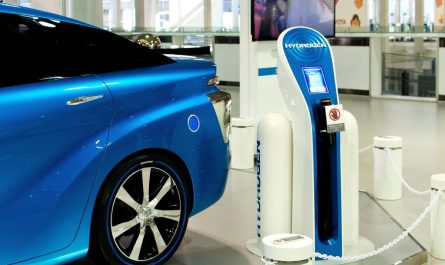Brazil has emerged as a global leader in the development and adoption of flex-fuel vehicles that can run on more than one type of fuel. Flex-fuel vehicles, commonly called flex-fuel cars, have an internal combustion engine that can operate using gasoline, ethanol fuel or any mixture of both. With over 90% of new vehicles sold being flex-fuel, Brazil has the largest flex-fuel vehicle fleet in the world. Let’s take a closer look at Brazil’s pioneering role in flex-fuel vehicle technology.
History of Flex-Fuel Vehicles in Brazil
Brazil began developing Flexfuel vehicle technology in the 1970s due to concerns over energy security and dependence on imported oil. At the time, Brazil relied heavily on foreign oil imports, which caused major economic vulnerability. To address this, the Brazilian government launched an ambitious program called Programa Nacional do Álcool or National Alcohol Program (PROALCOOL) in 1975. The goal was to produce bioethanol domestically from sugarcane as an alternative transportation fuel to gasoline.
The first generation of flex-fuel vehicles compatible with gasoline and hydrous ethanol started arriving in the Brazilian market in 1979 from automakers like Fiat, Volkswagen and Mercedes-Benz. These early flex-fuel cars could run on either pure hydrous ethanol or gasoline but not blends of both. Later, in the 1990s, second-generation flex-fuel vehicles were introduced that could operate on any blend of gasoline and ethanol up to 100% hydrous ethanol. This leap opened up the possibilities for the adoption of flex-fuel technology.
Rise of the Brazilian Flex-Fuel Vehicle Market
Today, Brazil has over 39 million flex-fuel vehicles on the road, accounting for 90% of new light vehicles sold in the country. All major automakers like General Motors, Ford, Volkswagen, Renault, Chrysler and Fiats offer extensive lineups of flex-fuel cars, SUVs and pickups. What’s more, Brazilian automakers like Fiat, Scania, Volkswagen and Mercedes-Benz have major manufacturing operations geared exclusively towards producing flex-fuel vehicles.
Given the healthy distribution network of hydrous ethanol across Brazil through 27,000 fuel stations, flex-fuel vehicles provide Brazilians a convenient domestic fuel alternative. Depending on fuel availability and price, drivers can opt to fill up using either pure hydrous ethanol or gasoline or any blend. At the pump, flex-fuel vehicles display labels like “FLEX” or stickers denoting their flex-fuel capability for consumers.
Environmental and Economic Benefits
Brazil’s widespread adoption of flex-fuel vehicles has led to several crucial economic and environmental benefits for the country:
– Energy Security – With domestic production of sugarcane-based ethanol, Brazil has significantly reduced dependence on imported oil. Ethanol accounts for over 40% of transport fuel used in Brazil.
– Rural Development – Sugarcane-ethanol production supports over 5 million jobs and investments in agricultural infrastructure in rural Brazil. It has aided rural economic growth.
– Greenhouse Gas Reductions – Life cycle analysis shows Brazilian sugarcane ethanol produces 80-90% lower greenhouse gas emissions than gasoline. Flex-fuel vehicles help lower overall emissions.
– Balance of Trade – Brazil was a net oil importer. But ethanol exports now generate a positive trade balance, benefiting the economy. Brazil is the second largest exporter of ethanol after the United States.
– Fuel Cost Savings – With fluctuating global oil prices, flex-fuel drivers can opt to fill up using cheaper ethanol, whenever its retail price offers savings over gasoline. This pass on long term economic benefits.
Flex-Fuel Technology Going Global
Impressed by Brazil’s success, many countries are now actively evaluating adopting flex-fuel vehicle technology on a wider scale. For vehicle manufacturers, flex-fuel vehicles provide attractive opportunities to access growing biofuel markets while meeting future emission regulations globally.
In the United States, which has the second largest flex-fuel vehicle fleet, automakers are offering more flex-fuel models to leverage the U.S biofuel infrastructure based around corn ethanol. Major automakers like Ford, GM and Chrysler make dedicated flex-fuel pickup trucks and SUVs.
Other countries exploring greater flex-fuel uptake include Canada, Argentina, India and European nations like France, Germany and Sweden which are keen to integrate more advanced biofuels into their transport systems sustainably. With ongoing research, flex-fuel technology has the potential to accelerate the global transition to low-carbon fuels and help countries strengthen energy security as well.
Conclusion
Brazil’s decades-long experience demonstrates that with right policy support and market conditions, flex-fuel vehicles can gain widespread commercial success. As the world aims for net-zero emissions by 2050, flex-fuel technology will play a crucial bridging role in facilitating the large-scale deployment of alternative fuels alongside electric vehicles. With their established lead in this field, Brazilian automakers are well poised to emerge as key technology providers for the emerging global flex-fuel vehicle industry. Brazil’s pioneering efforts have established the foundations for flex-fuel technology to strategically enable the low carbon transition of transport worldwide.
*Note:
- Source: CoherentMI, Public sources, Desk research
- We have leveraged AI tools to mine information and compile it



